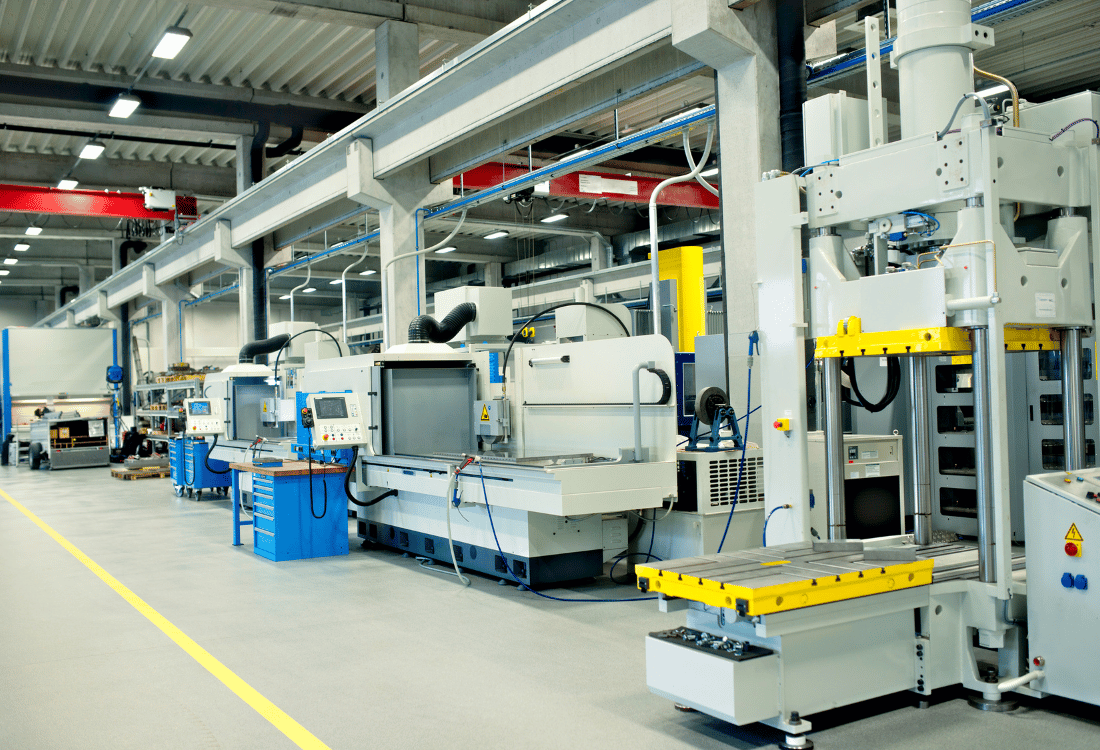
Advantages Of An Industrial Resin Floor Over Cement Or Concrete
From warehouses to car showrooms, and supermarkets to farmer's markets, industrial resin flooring systems are increasingly being installed as an alternative to cement and concrete. There are several reasons why a resin floor can make a big difference to your premises, your risk mitigation strategy, and your ongoing maintenance costs.
Let's take a look:
1. They Have Lower Maintenance Costs
Sooner or later, all concrete floors start to show signs of damage through impact, damp, weathering, or changes in temperature. When your floor chips or cracks, you'll need to get it repaired quickly in order to avoid a safety hazard and prevent the damage from worsening. This can be very costly; on top of paying for the maintenance itself, you might find that your business grinds to a halt while the floor is being fixed. There can be an enormous impact on cash flow in busy warehouses, shops and factories.
By contrast, resin flooring has far less risk of chipping and damage. It maintains its performance characteristics throughout its life cycle. That means that, over time, you'll spend far less on maintenance.
2. They're Easier To Clean
Cleanliness is important in any business - particularly retail units, and food storage and processing facilities. If spills are an issue, it makes sense to go with resin flooring.
Resin flooring is naturally resistant to spillages. Substances such as oil and acid, as well as the regular grease and dirt of daily life, will not damage the floor. It's also swift and easy to clean up – and won't be damaged by detergents or by jet washing.
3. They Allow For Branding And Decoration
Resin floors are more straightforward to decorate than concrete, and also give you more options for colours and designs. As the design is incorporated into the resin itself, rather than painted on, it will remain vibrant for longer, so there's less need for touch-ups.
This opens up a lot of opportunities: consider a branded floor for a retail unit, for example, or directional instructions, safety warnings, loading areas, and walkways in warehouses, factories, or car parks. Almost any kind of premises can benefit from this.
4. They Are Smooth And Level
A concrete floor might be slightly uneven, due to the viscous liquid nature of poured concrete, even with careful floor levelling before installation. This can cause problems for people walking on it, as well as trolleys, machinery, vehicles and furniture. You might notice that shelving is leaning or slanted, which can cause massive problems over time. Resin flooring, on the other hand, is smooth, flat and even. The uniform smoothness of the floor makes it far safer.
5. They Can Be Adapted For Special Requirements
Resin flooring is easily adapted to fit your circumstances. When the resin is initially mixed, it can be given anti-slip properties, or static control. This makes the surface far safer than untreated resin – which is smooth as glass, and ensures it is fit for purpose, even in specialist environments.
The Best Choice For Your Business
Long-lasting, sturdy and extremely practical, resin floors make sense for a vast number of industries, business types, and building layouts. If you're interested in learning how your business can benefit from a modern slip resistant resin flooring system, get in touch with Central Flooring today. We'll be happy to discuss your needs and help you find a flooring solution that fits you.


